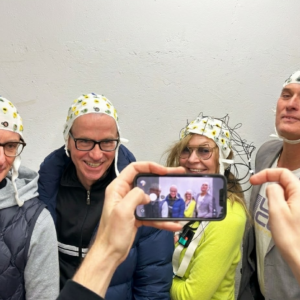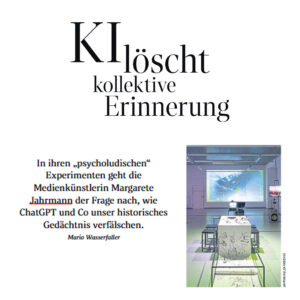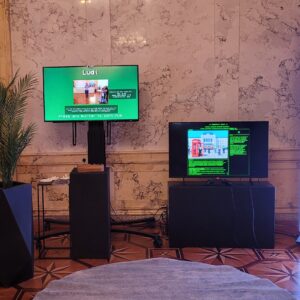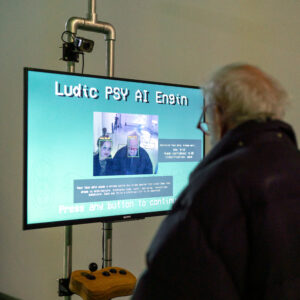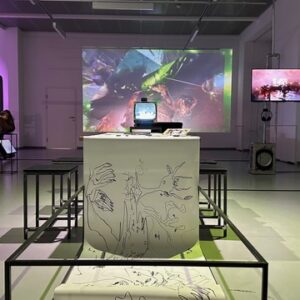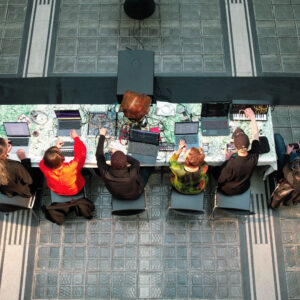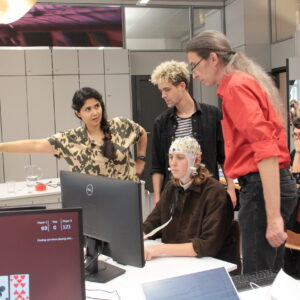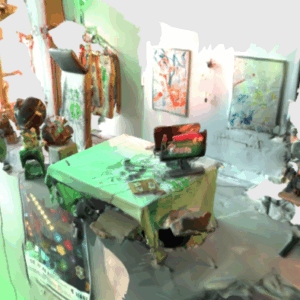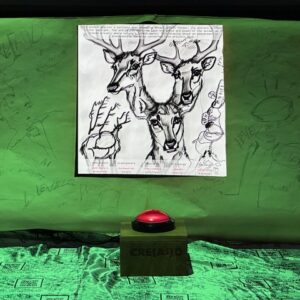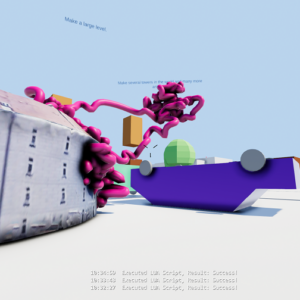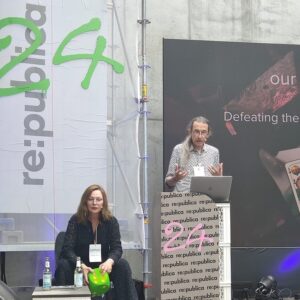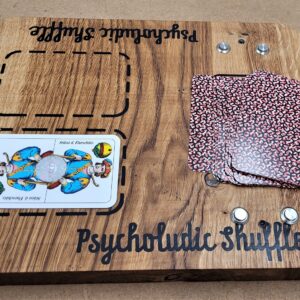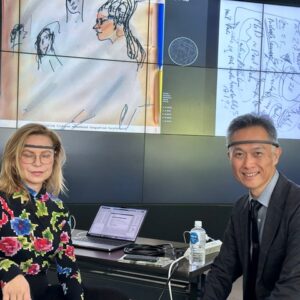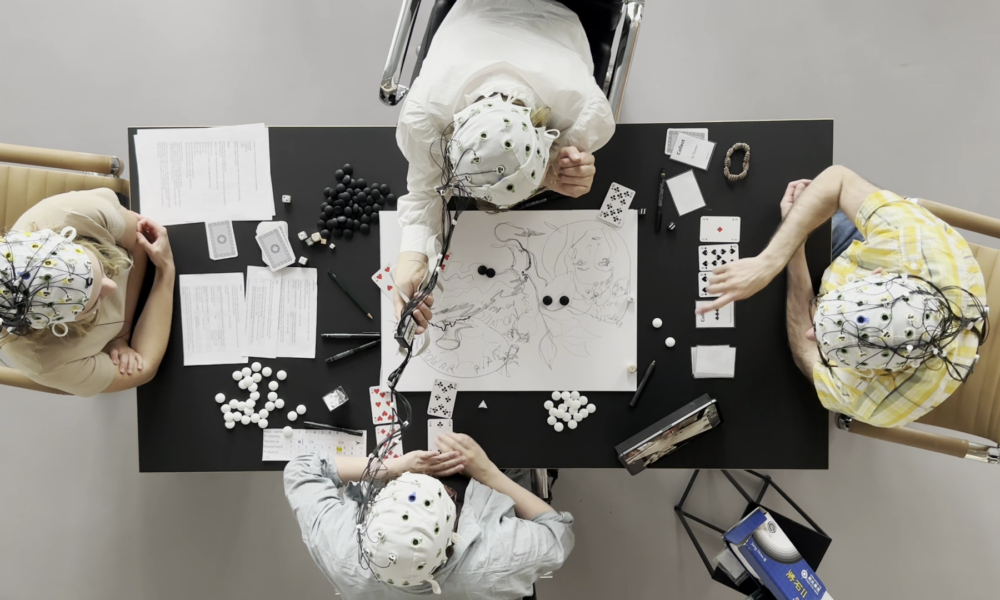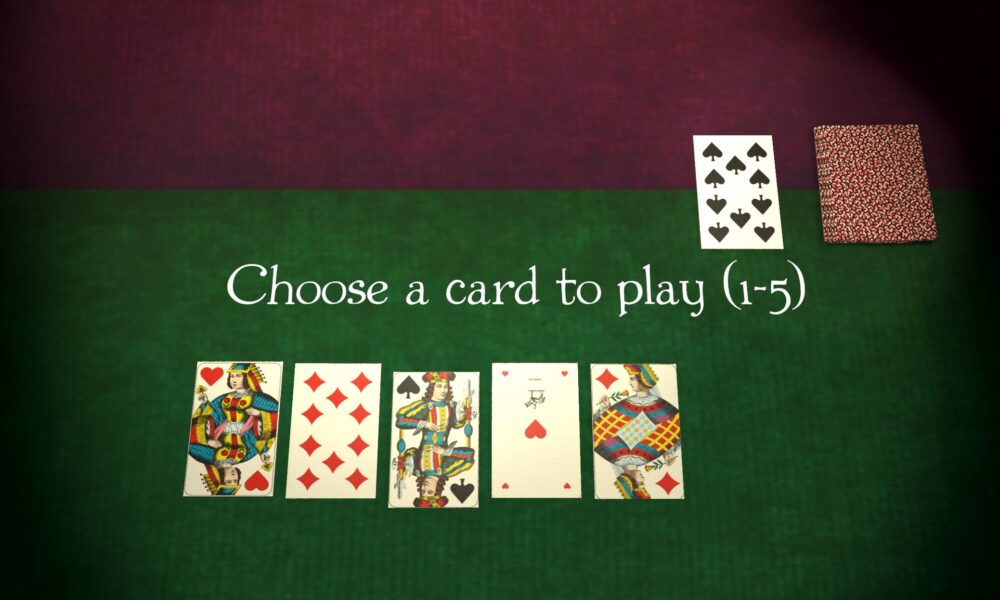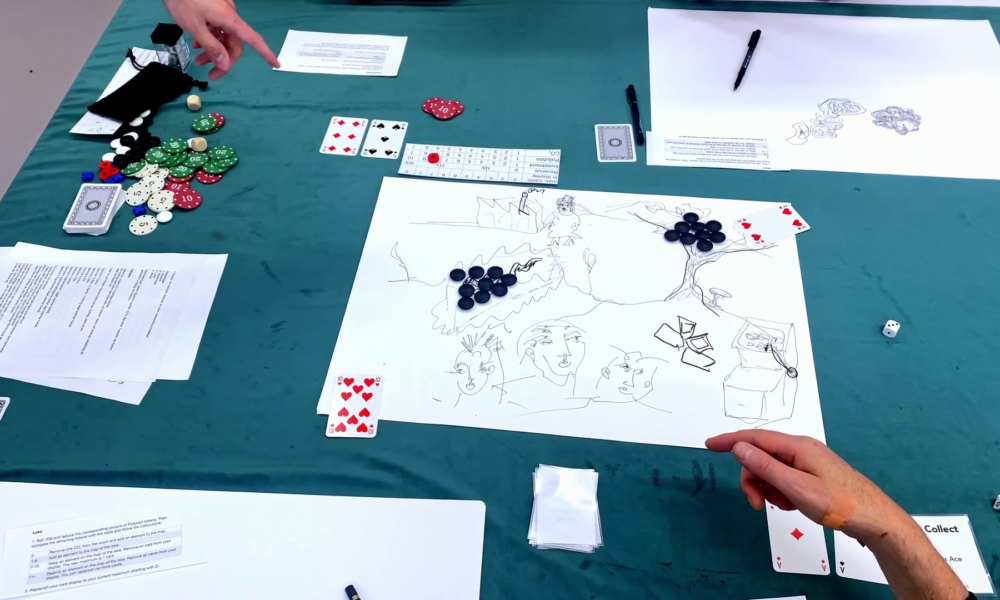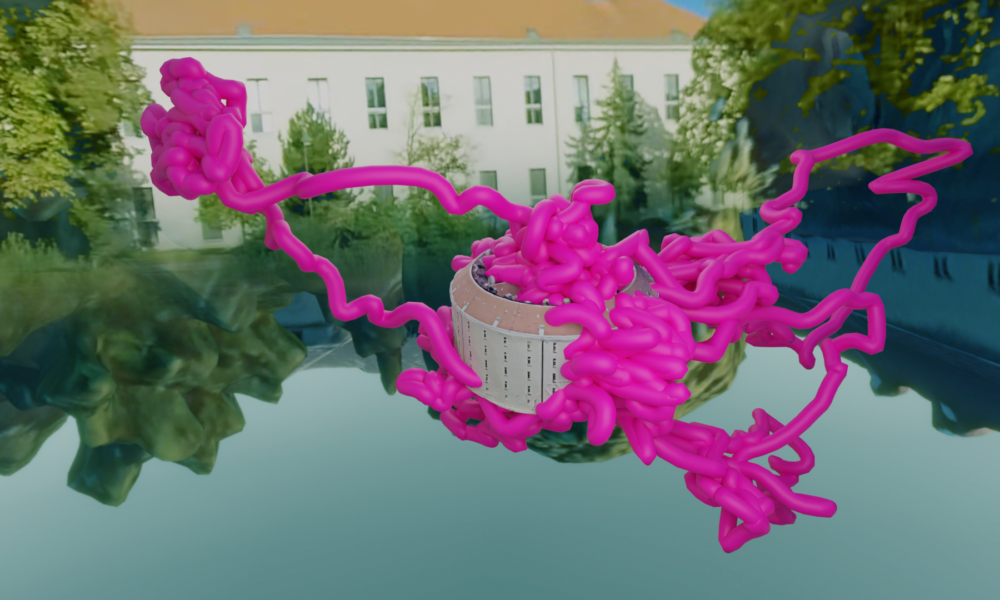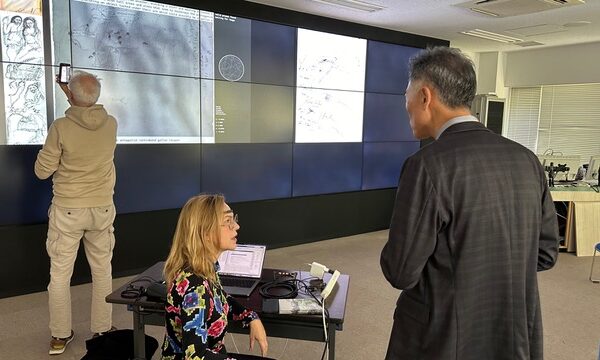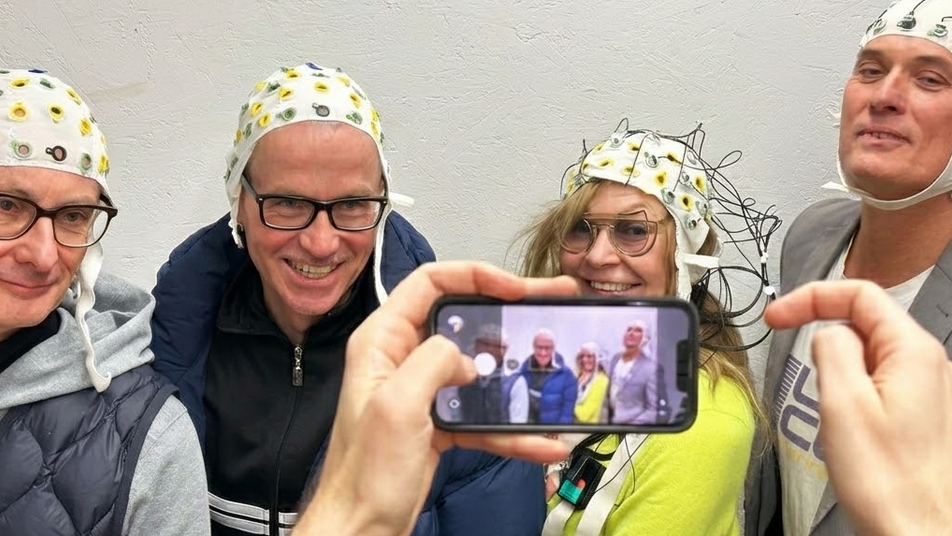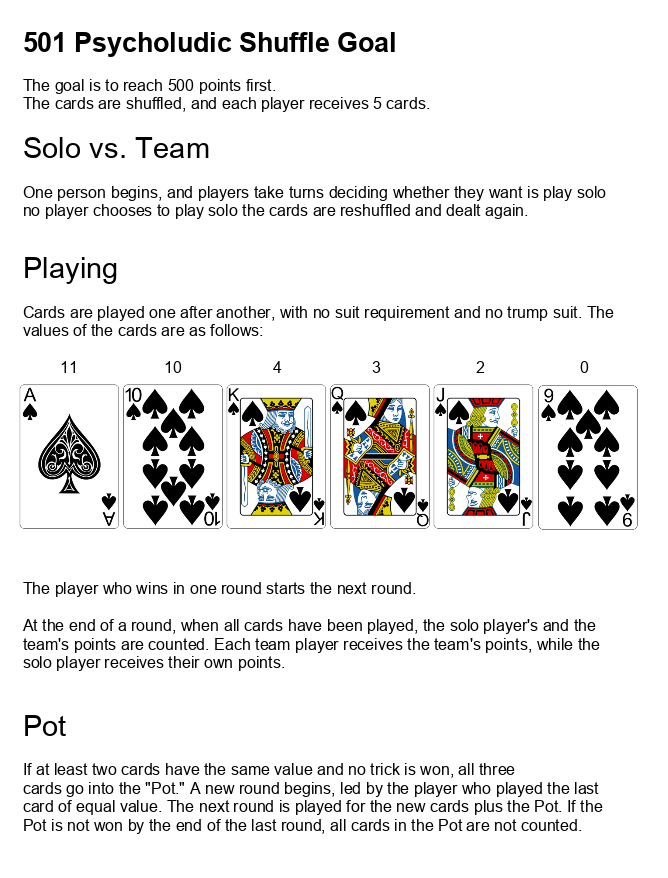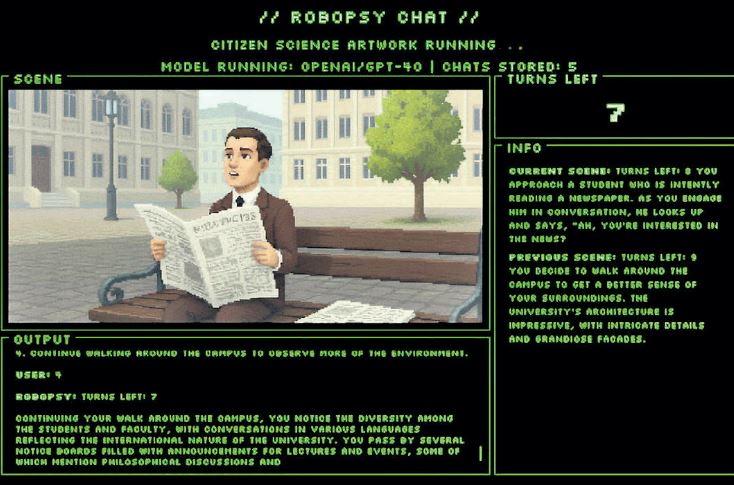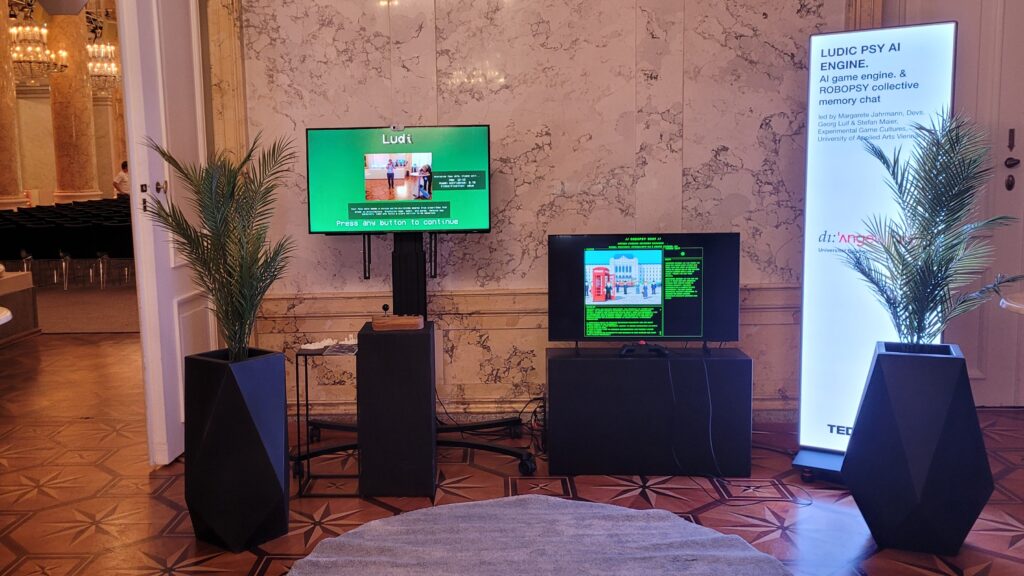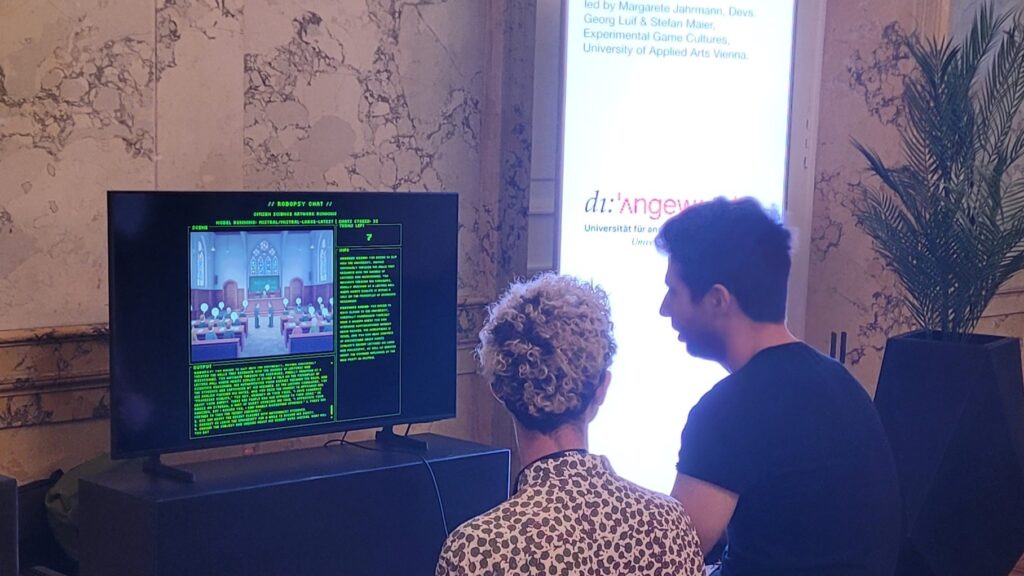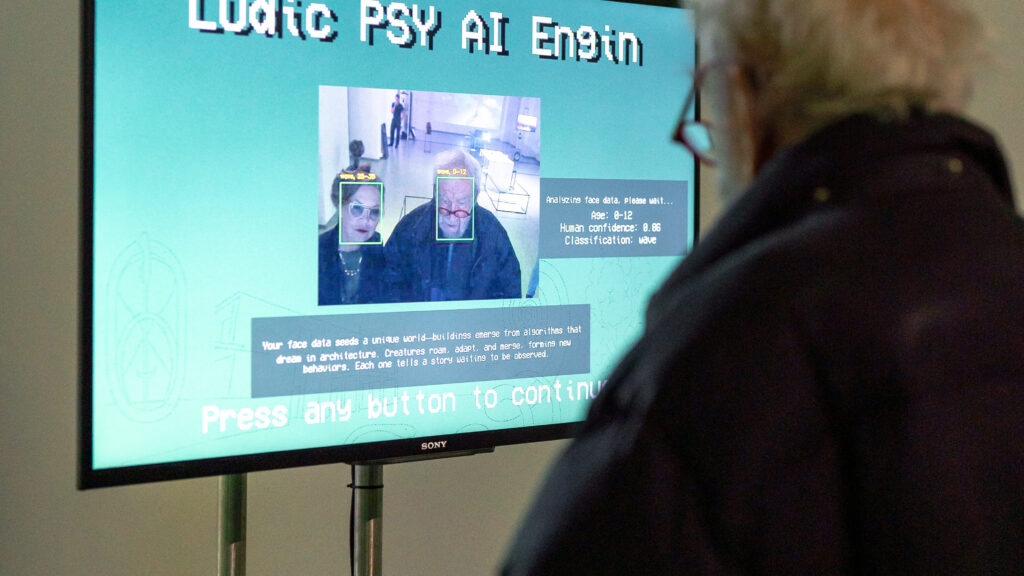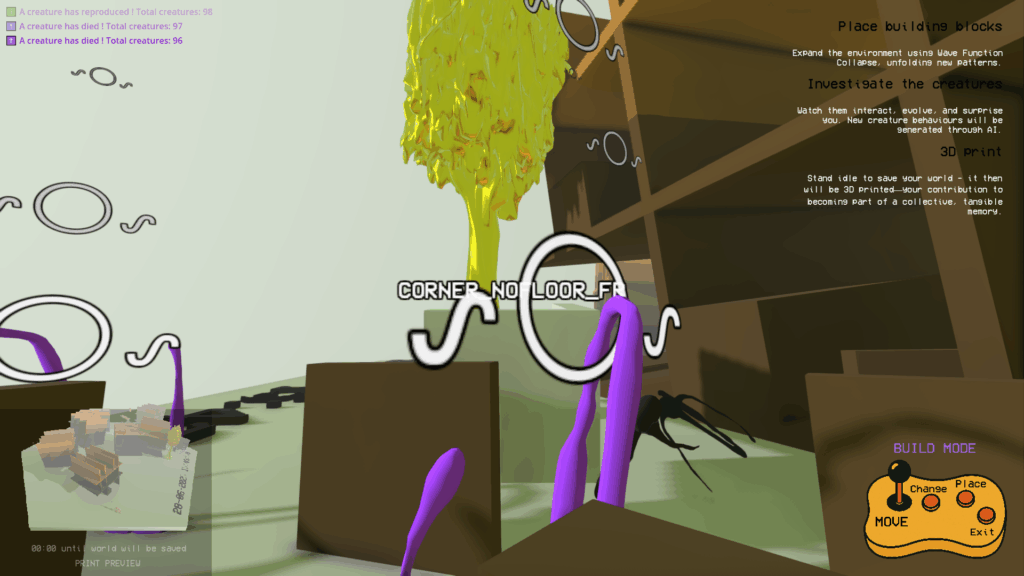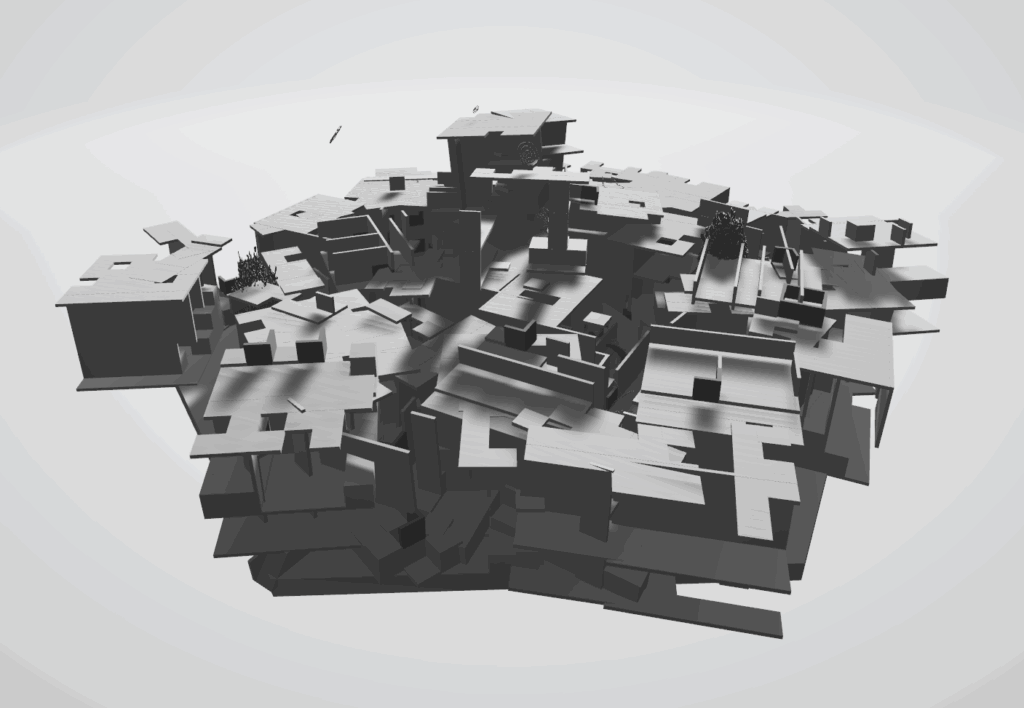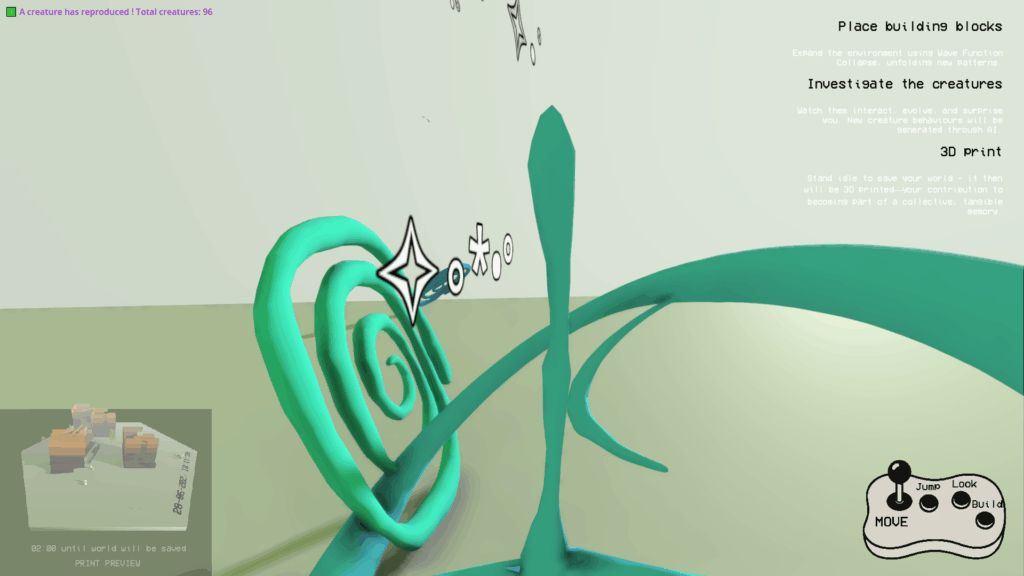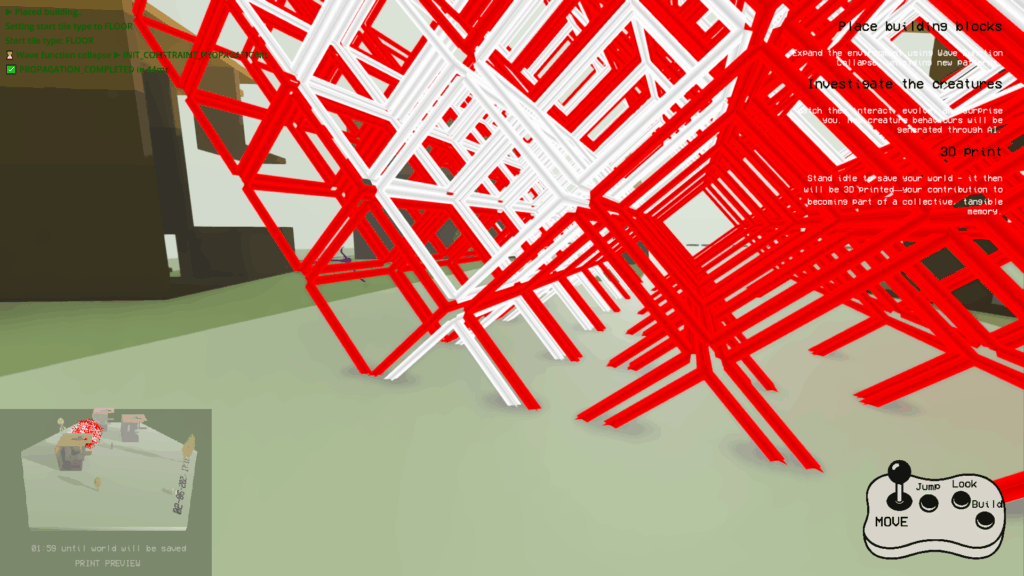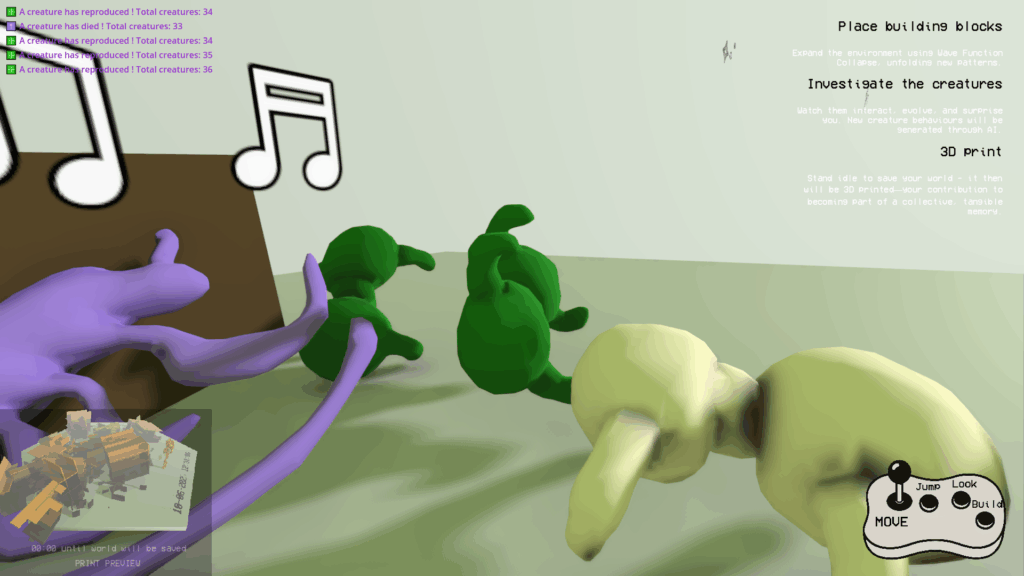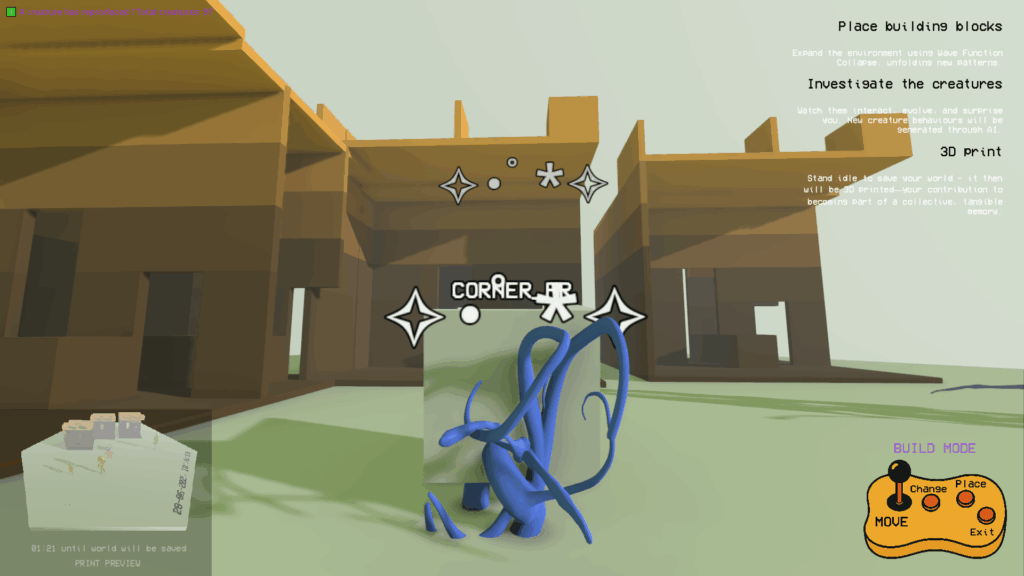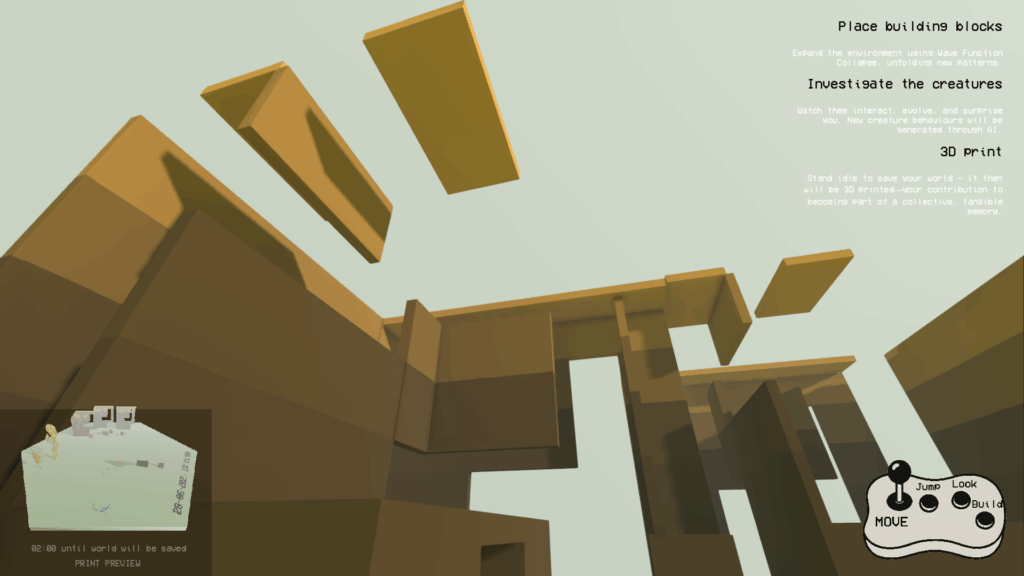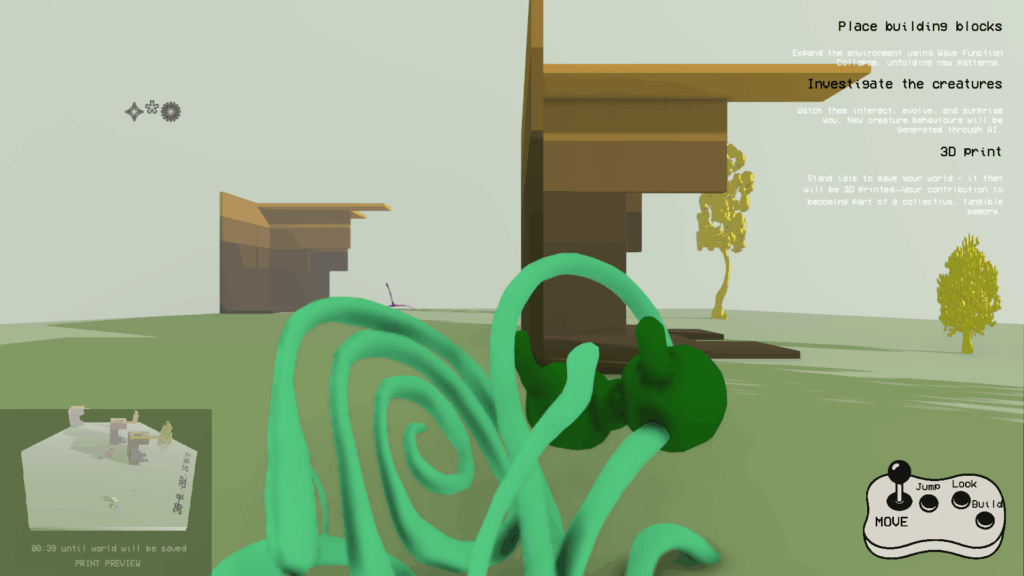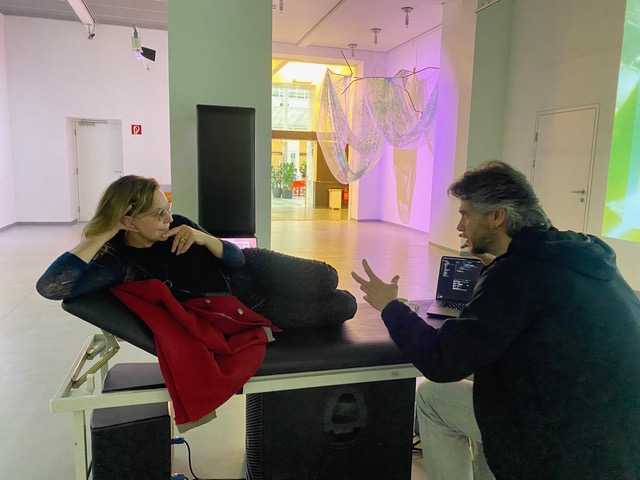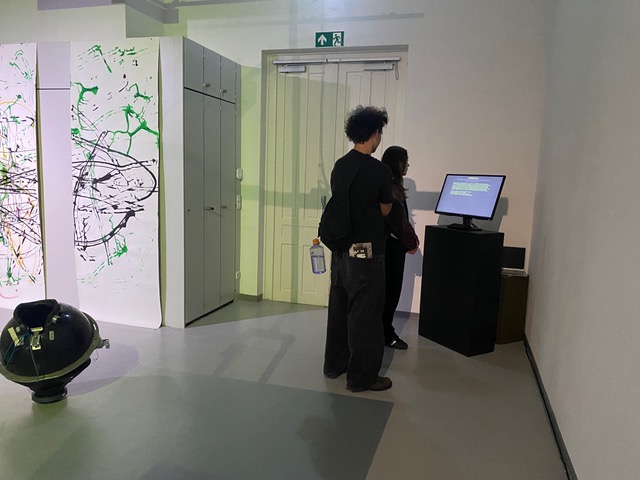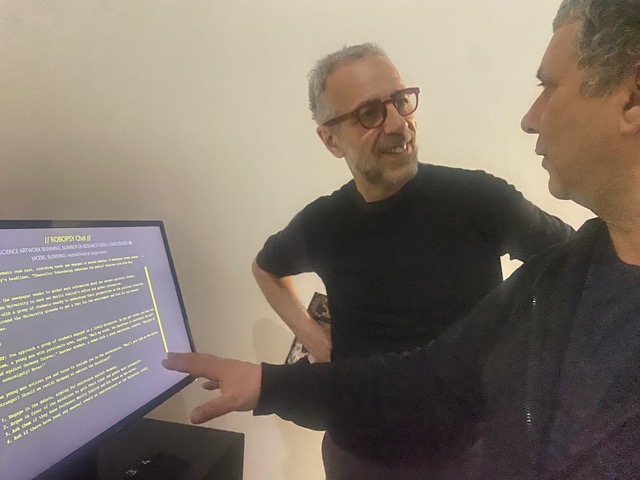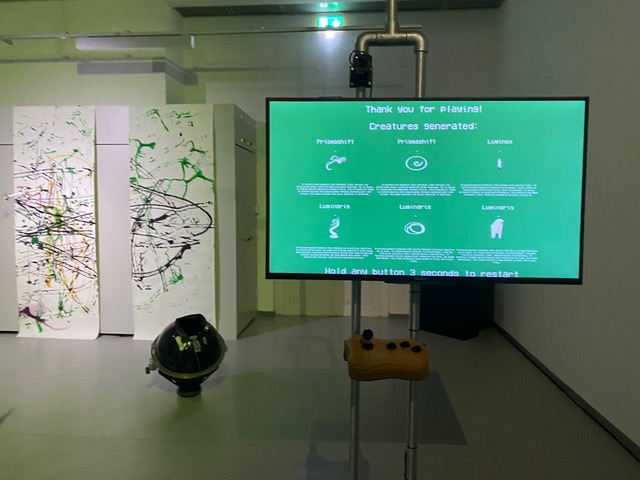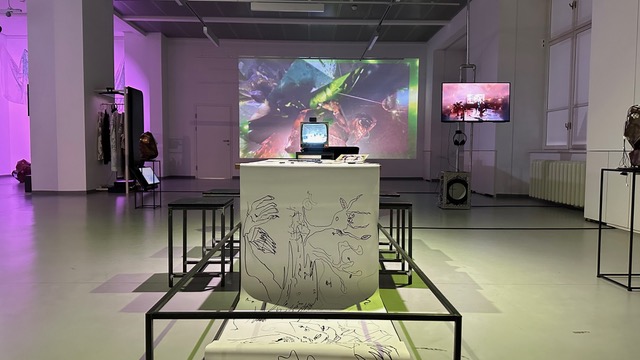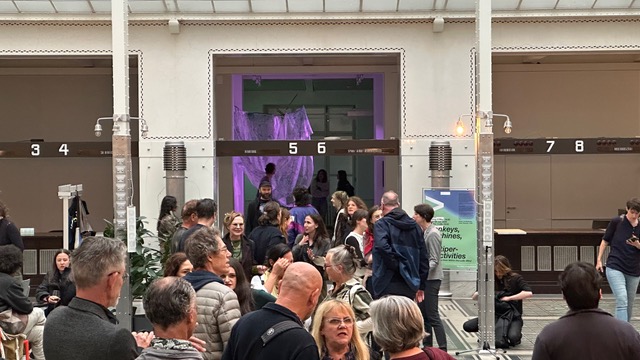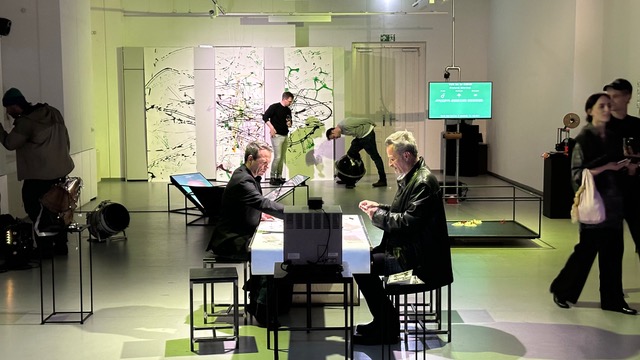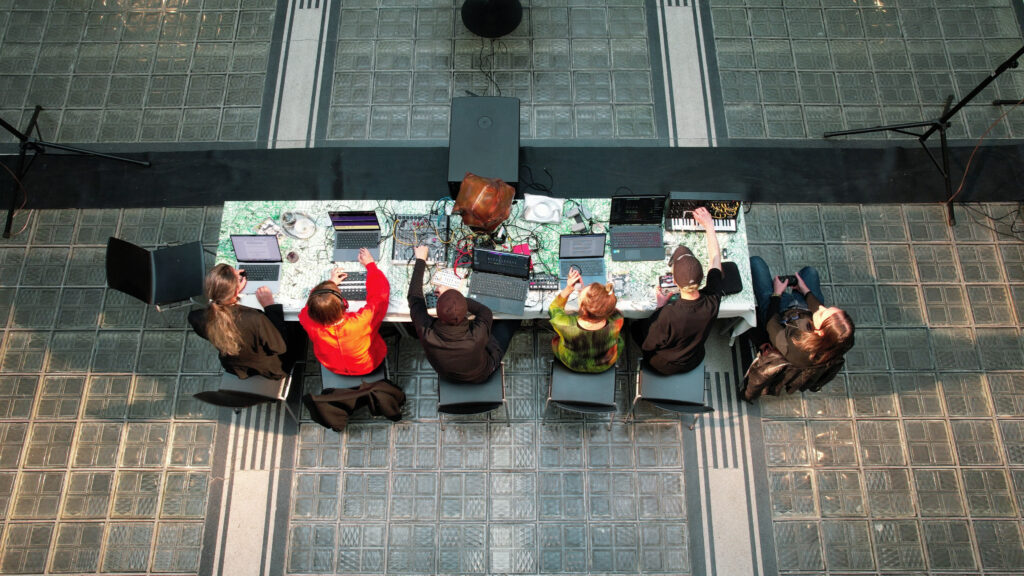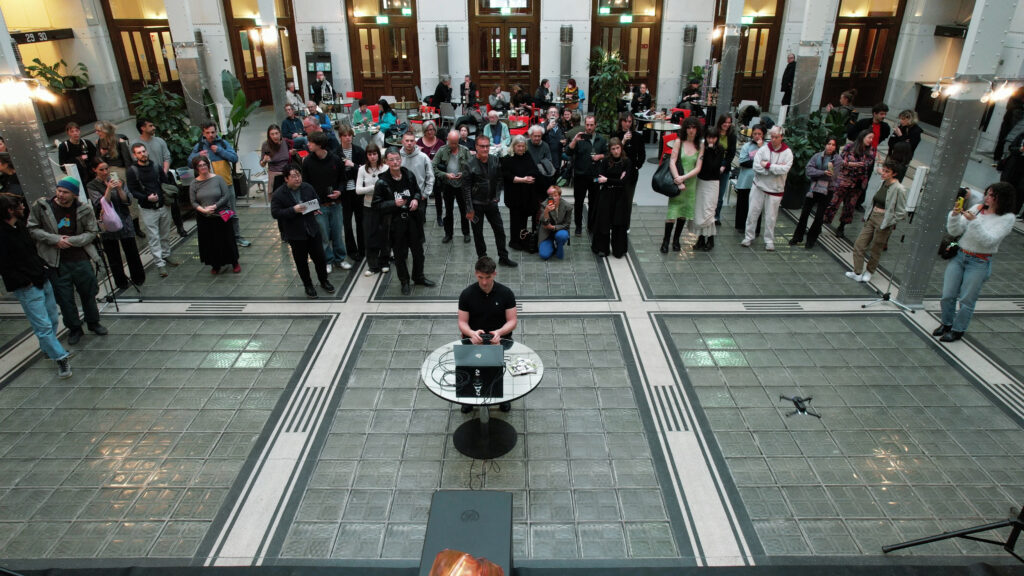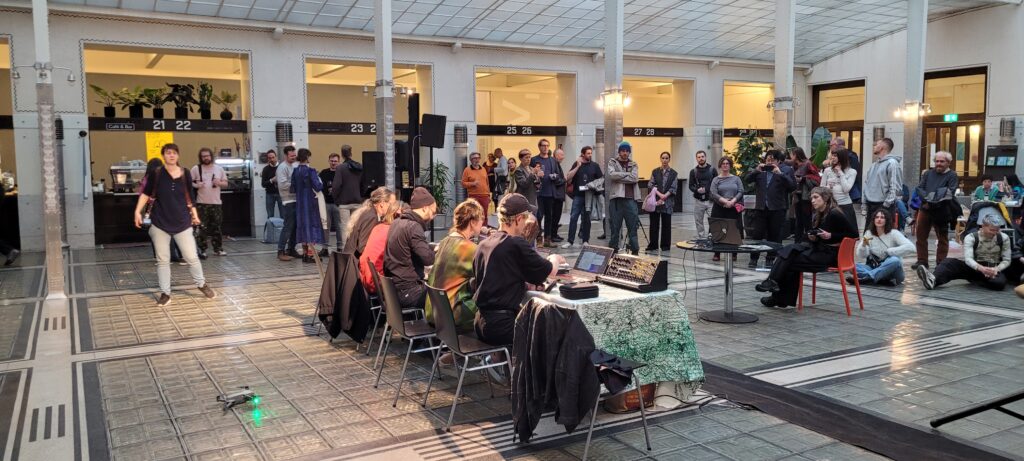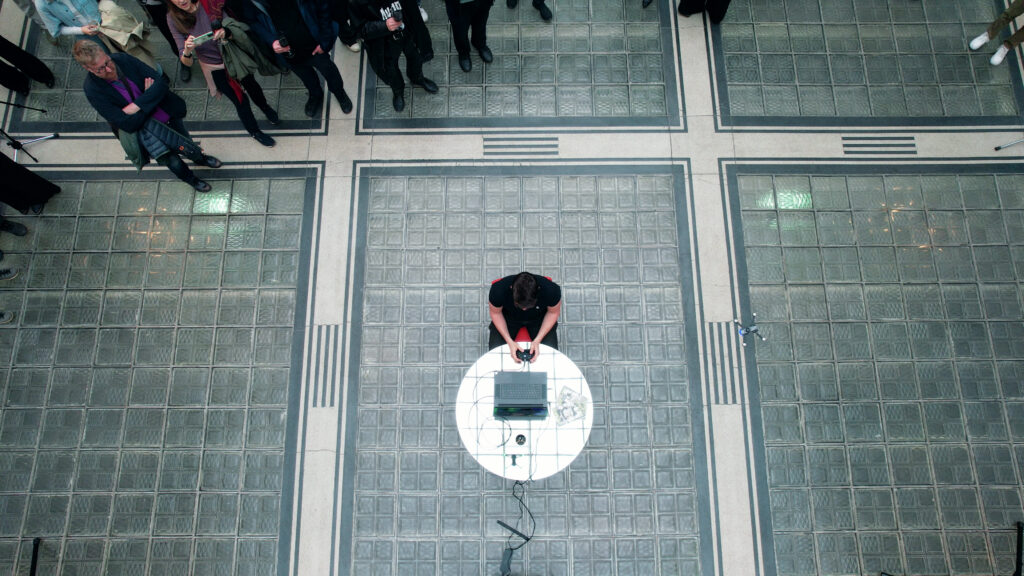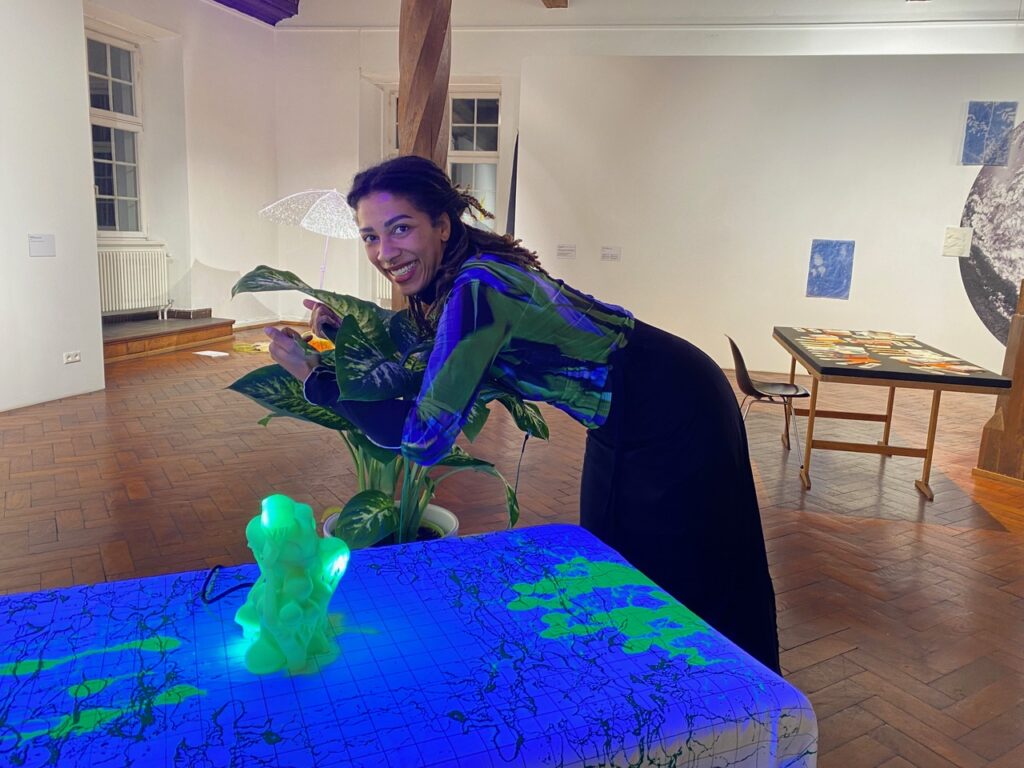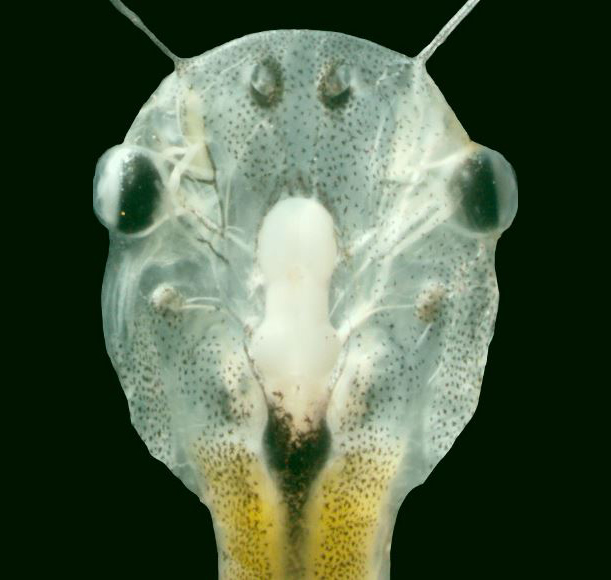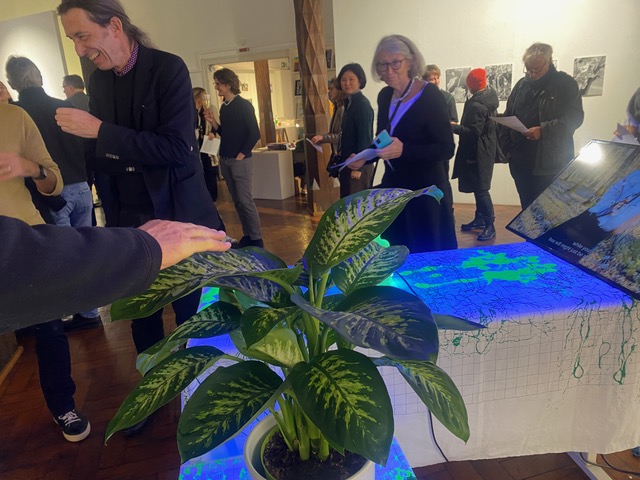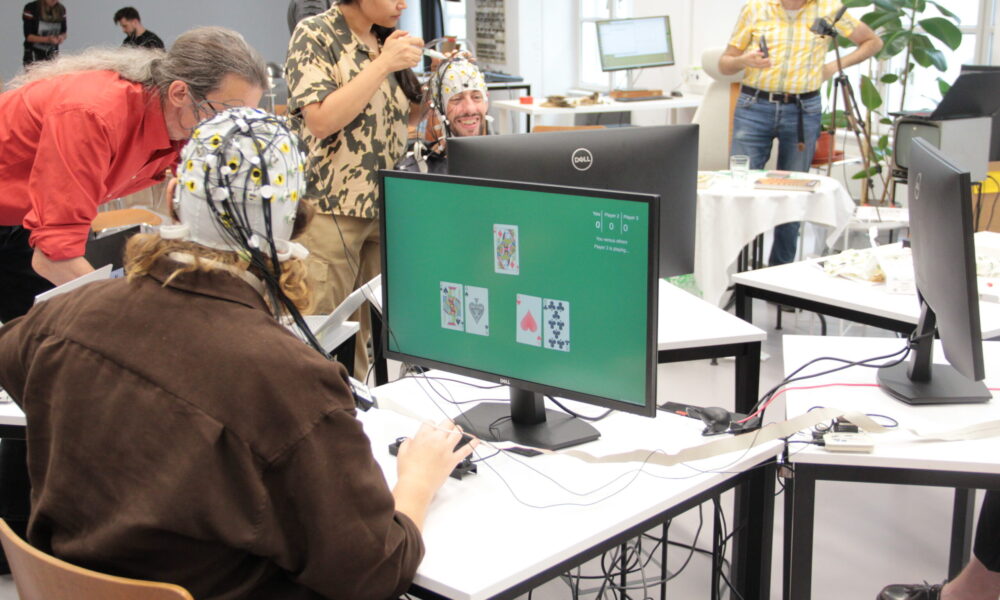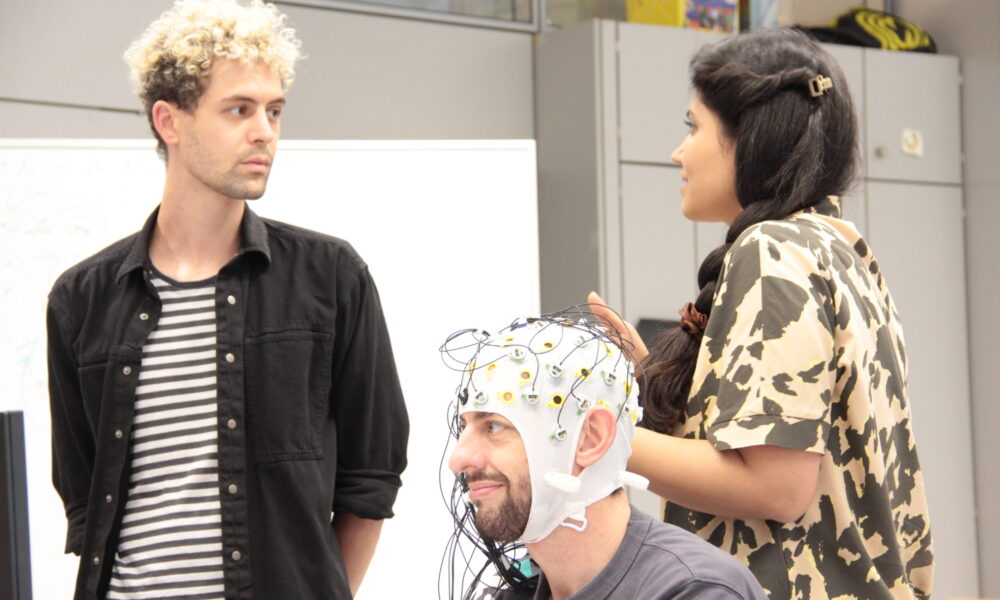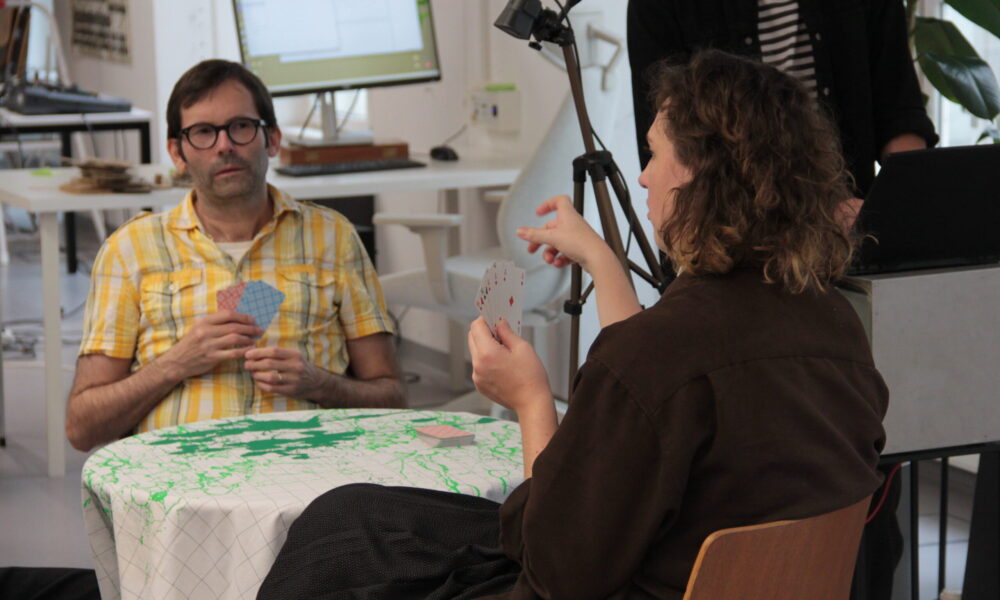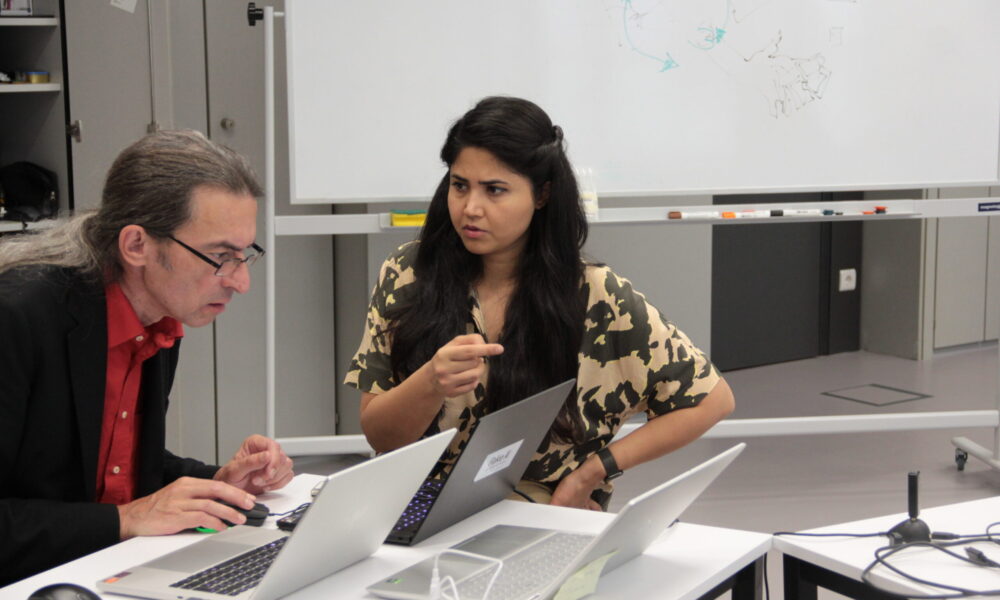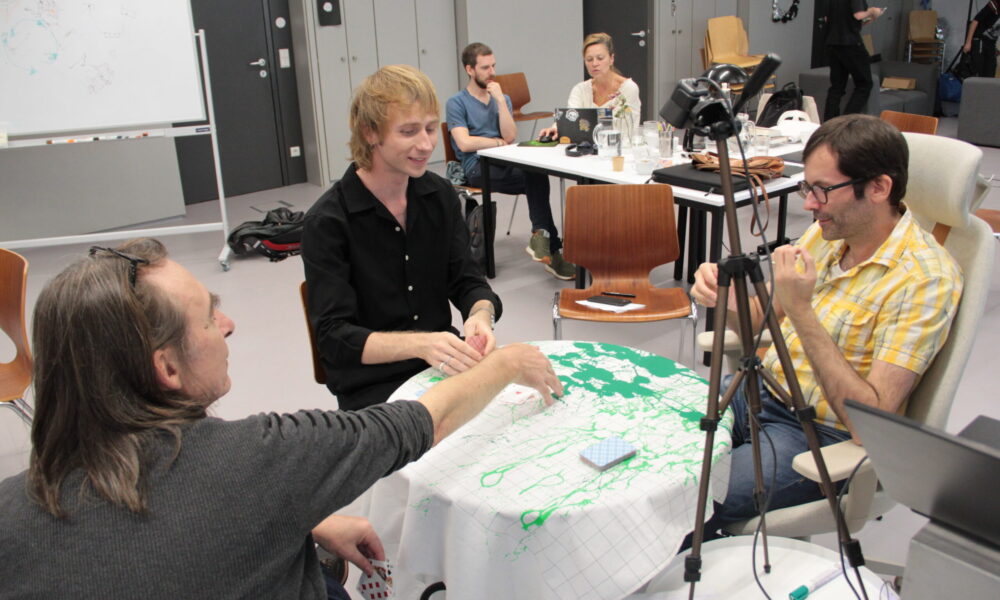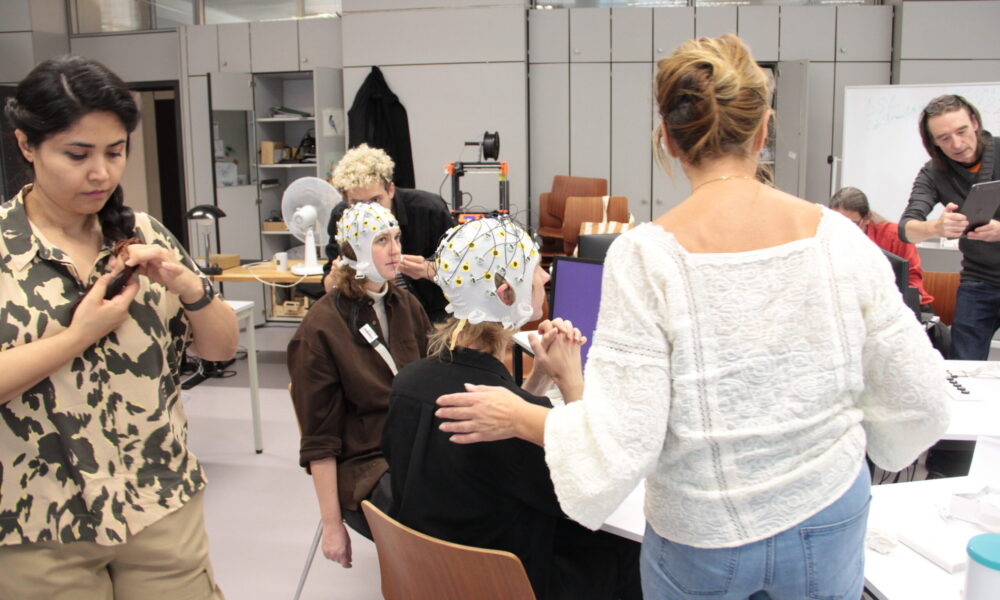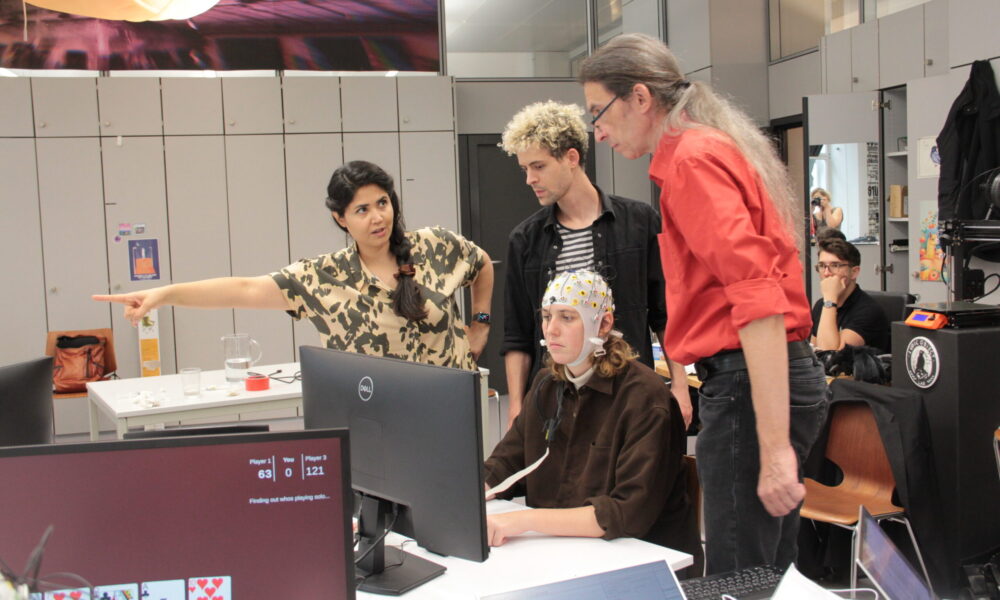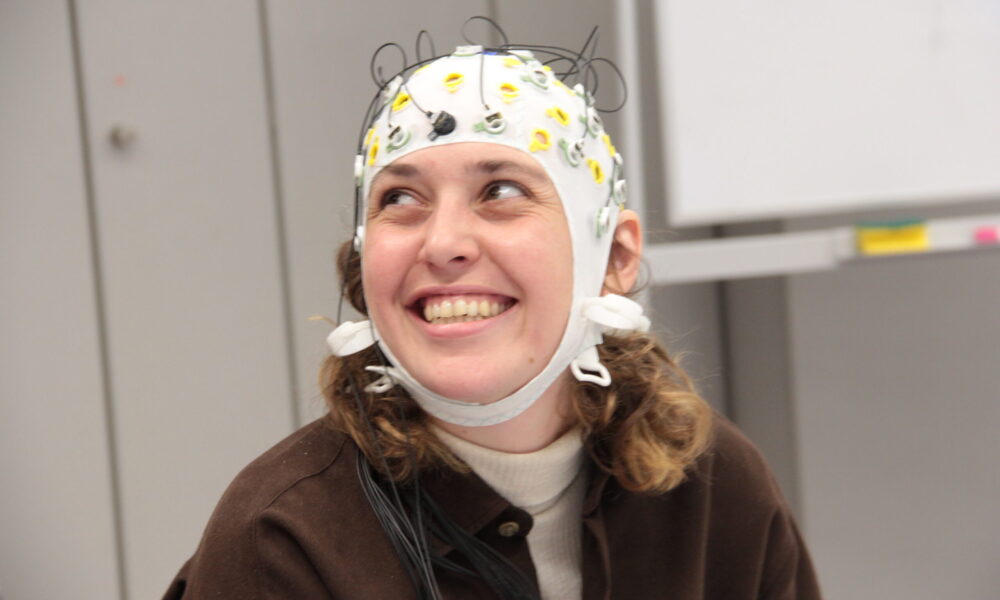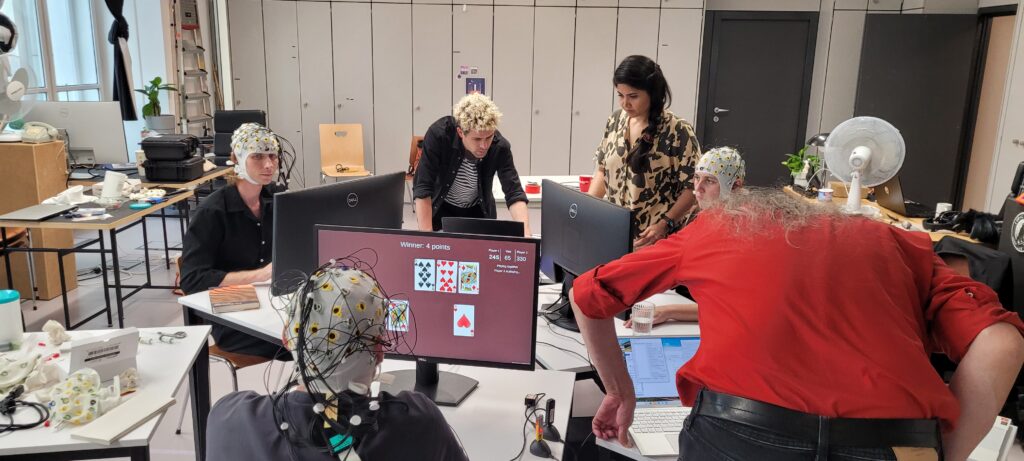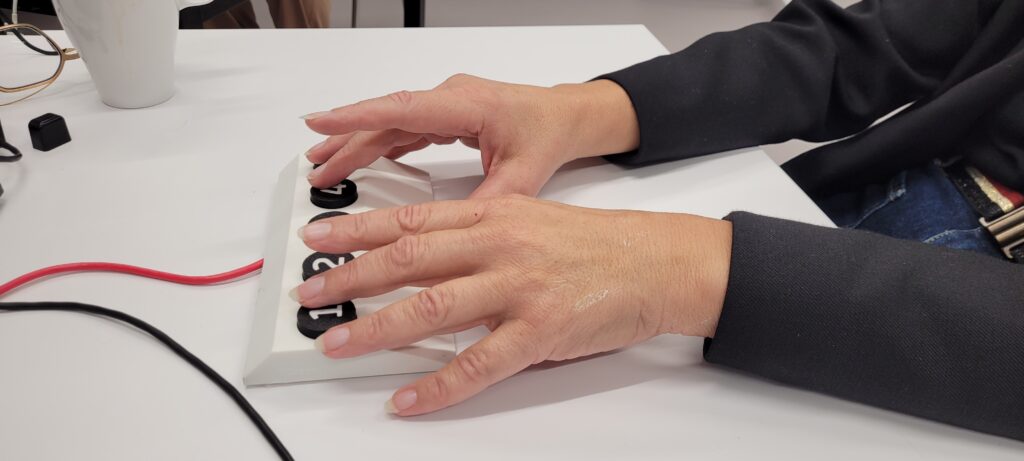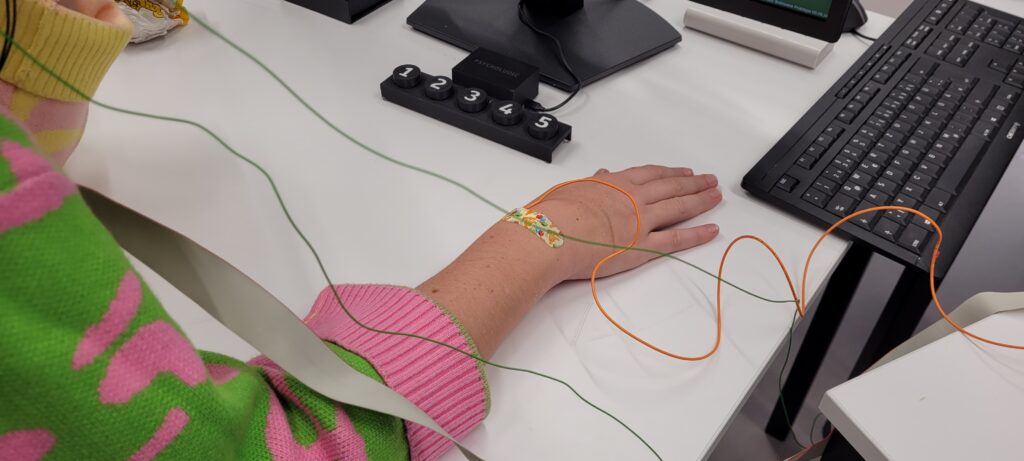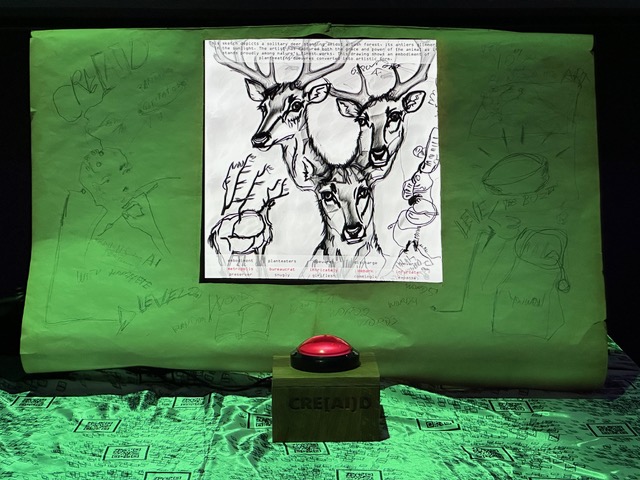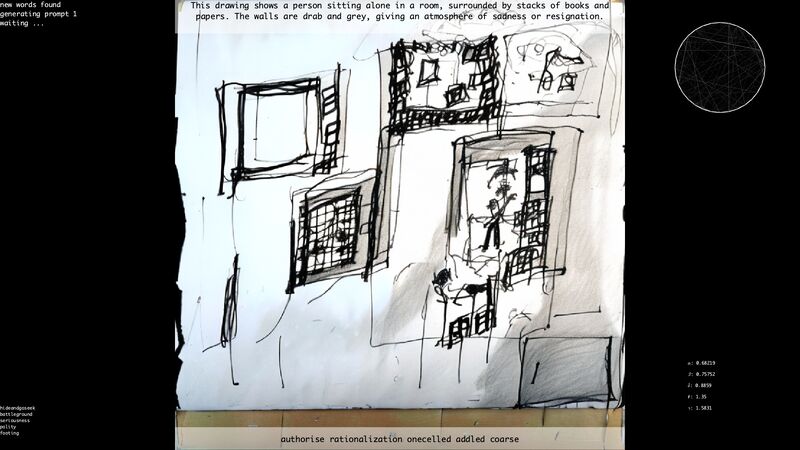Using methods of artistic research, experimental psychology, and neuroscience in a combination that we term the PSYCHO-LUDIC APPROACH, we will investigate alternative motivations for game-playing, how we can learn from these about possible future forms of society, and whether, by using new game mechanisms in experimental, playful contexts we may unlock better means of mediating reflection, thoughts, and action, creating a powerful, transdisciplinary basis for ecologically respectful ways of living.
The current global crises demonstrate that human strategies based on exploitation have come to an end. These strategies, now leading to failure, are reflected in games and their mechanics: it's all about winning, accruing possessions, conquering new worlds.
We propose that intrinsic forms of motivation, such as curiosity, creative work, participation, and emotional flow could replace profit-oriented game mechanics, enhance emphatic bonding, and foster a positive exchange with the environment. We will develop a scenario of future play that can break up established structures and suggest alternative games that point beyond the purpose of play: Signposts to possibilities of new forms of society, politics, and coexistence.
We address this aim by means of the psycho-ludic approach, which combines artistic research with scientific methods from psychology and neuroscience. In Hyperscan Flow Plays we use scientific experiments, hyperscanning, i.e., the simultaneous measurement of the coupling of the brains of two or more people in a natural social setting, to achieve empirical and theoretical insights. In dedicated actions we will present our questions as public artistic games, in which viewers are at the same time co-players and self-researchers, with whom we investigate motivation, affect, empathy, and emotion for alternative strategies of play.
Project Lead: Margarete Jahrmann, Experimental Game Cultures, University of Applied Arts Vienna
Project Partners: Brigitte Felderer, Social Design, University of Applied Arts Vienna, Matthew Pelowski, Department of Cognition, Emotion, and Methods in Psychology, University of Vienna, Stefan Glasauer, Computational Neuroscience, Brandenburg University of Technology, Cottbus.
Objectives
Objective 1
Artistic exploration of alternative game mechanics to investigate new ways of motivation and affective experience, away from profit and accumulation of possessions through experimental play to illuminate political and ethical awareness of a new ecological materiality and new ways of perceiving the world. Uncertainty as a basic principle of a dynamic play of forces is positively experienced in the ambiguity of play (Sutton-Smith, 1997). The research project itself is seen as a test case for the usefulness of such mechanisms.
Objective 2
Strategically reinterpreting existing metaphors and concepts in artistic cooperative play and the meaning of game mechanics in society through a deliberate use of cooperation and empathy mechanics. In contrast to established game mechanics of conquest, linear development, and accumulation, we explore, using the psycho-ludic approach, a new field of alternative empathic game design and connect it to an experiential design of "agency," actionability.
Objective 3
Artist-researcher investigation of cause and effect of intrinsic motivation in games through affective experiential contexts, empathy, curiosity, etc., with the goal of discovering mechanisms and strategies that, culturally transferred, could influence capitalist concepts, effect social change, and intervene in our current global challenges.
Objective 4
Design of experimental game-art test facilities in which subjective experience of alternative mechanics becomes possible. In the coupling to Social Design as a multidisciplinary field of the design of social interaction we start a) from the radical questioning of game mechanics as the basis of political narratives of the present and b) from the particular emotive state of the players as concrete agents.
